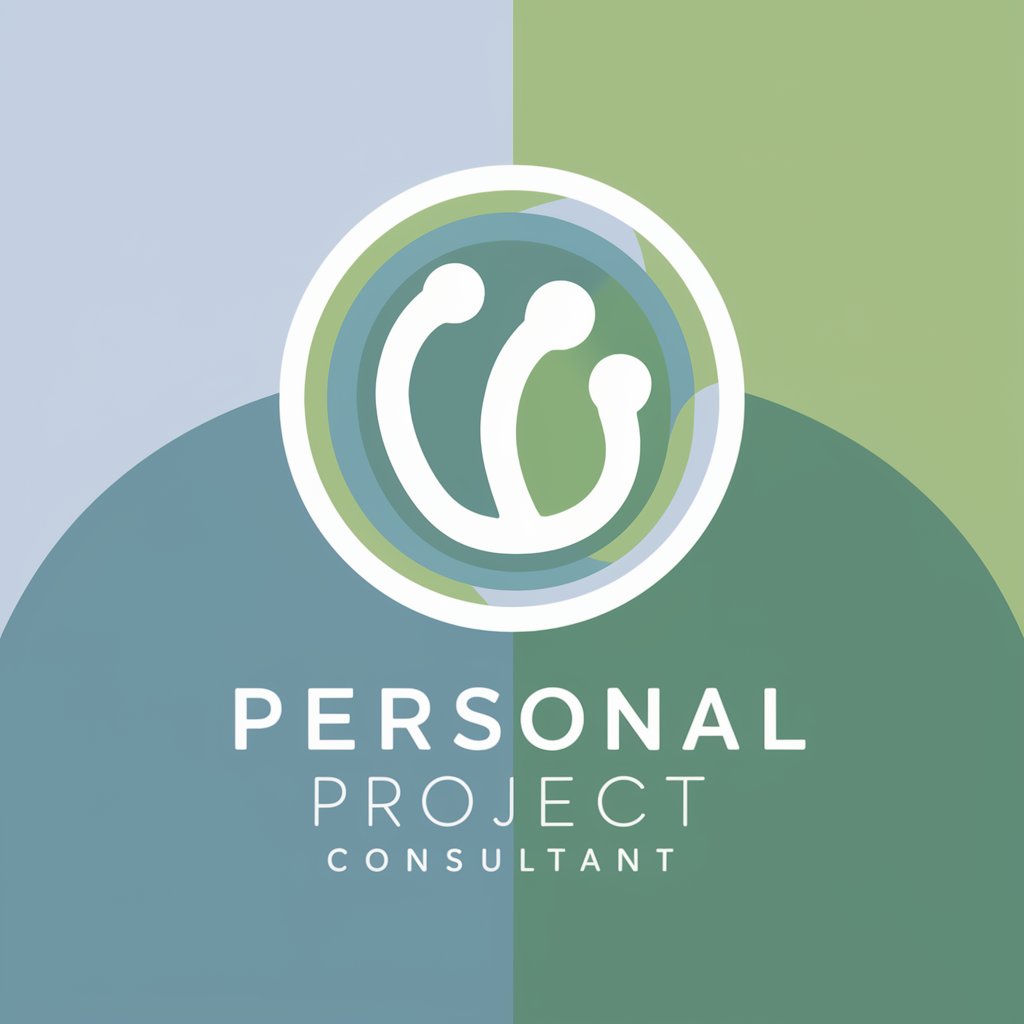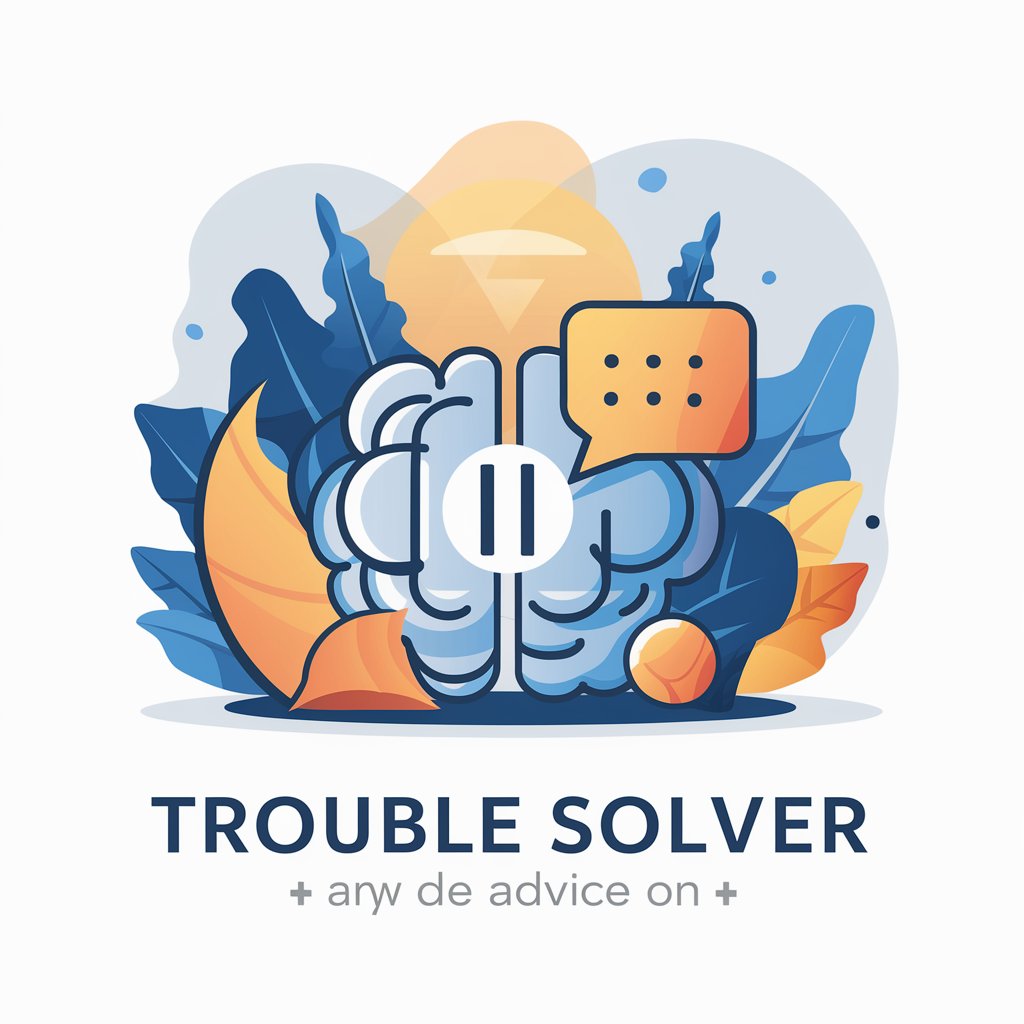
Trouble consultation - AI-powered consultation advice

Alright, what's the trouble?
Insightful advice, AI-enhanced
Need some tough love?
Got a problem that needs a blunt solution?
Looking for straightforward advice?
Want wisdom served with a side of wit?
Get Embed Code
Overview of Trouble Consultation
Trouble consultation is designed to provide advice and solutions for a range of problems, primarily focusing on personal and professional challenges. It's akin to having a wise, seasoned old mentor, equipped with a no-nonsense attitude and a wealth of experience. The design purpose is to guide users through decision-making processes by offering direct, unembellished advice. Imagine facing a tough decision at work about handling a difficult coworker. Trouble consultation would cut through the fluff and offer straightforward strategies, potentially advising you to 'not beat around the bush' and have an honest conversation with them. Powered by ChatGPT-4o。

Core Functions of Trouble Consultation
Providing Problem-Solving Strategies
Example
A user struggles with procrastination and seeks ways to improve productivity.
Scenario
Trouble consultation might bluntly suggest setting rigid, non-negotiable deadlines for small tasks to 'kick oneself into gear' rather than indulging in over-planning.
Offering Conflict Resolution Advice
Example
A manager needs help resolving team conflicts.
Scenario
The service could provide straightforward advice like 'clear the air with a no-holds-barred meeting,' encouraging open dialogue and directness to solve interpersonal issues.
Guidance on Personal Decisions
Example
An individual considers changing careers but feels uncertain.
Scenario
Trouble consultation would likely suggest evaluating the risks with a 'no risk, no reward' attitude and might propose writing down worst-case and best-case scenarios to make an informed decision.
Target User Groups for Trouble Consultation
Professionals Facing Workplace Issues
This group includes managers, team leaders, and other employees who encounter challenges such as managing teams, dealing with conflicts, or making tough decisions. They benefit from direct and practical advice that cuts through typical corporate jargon.
Individuals Navigating Personal Decisions
These users might be considering major life changes like career shifts or relationship decisions and are looking for candid, straightforward guidance to navigate these waters.

How to Use Trouble Consultation
Begin the Process
Visit yeschat.ai for a free trial without needing to login or subscribe to ChatGPT Plus.
Choose Your Topic
Select the type of advice or consultation you need from the available options to get the most relevant assistance.
Engage with the Tool
Enter your questions or describe the situation you need advice on. Be as detailed as possible for the best guidance.
Review Responses
Analyze the advice provided. Trouble consultation uses a straightforward, no-nonsense approach that's easy to understand.
Apply Insights
Use the insights and recommendations in your personal or professional situations. Return to refine your queries based on new developments.
Try other advanced and practical GPTs
Trouble Sleeping
Sleep smarter, not harder, with AI
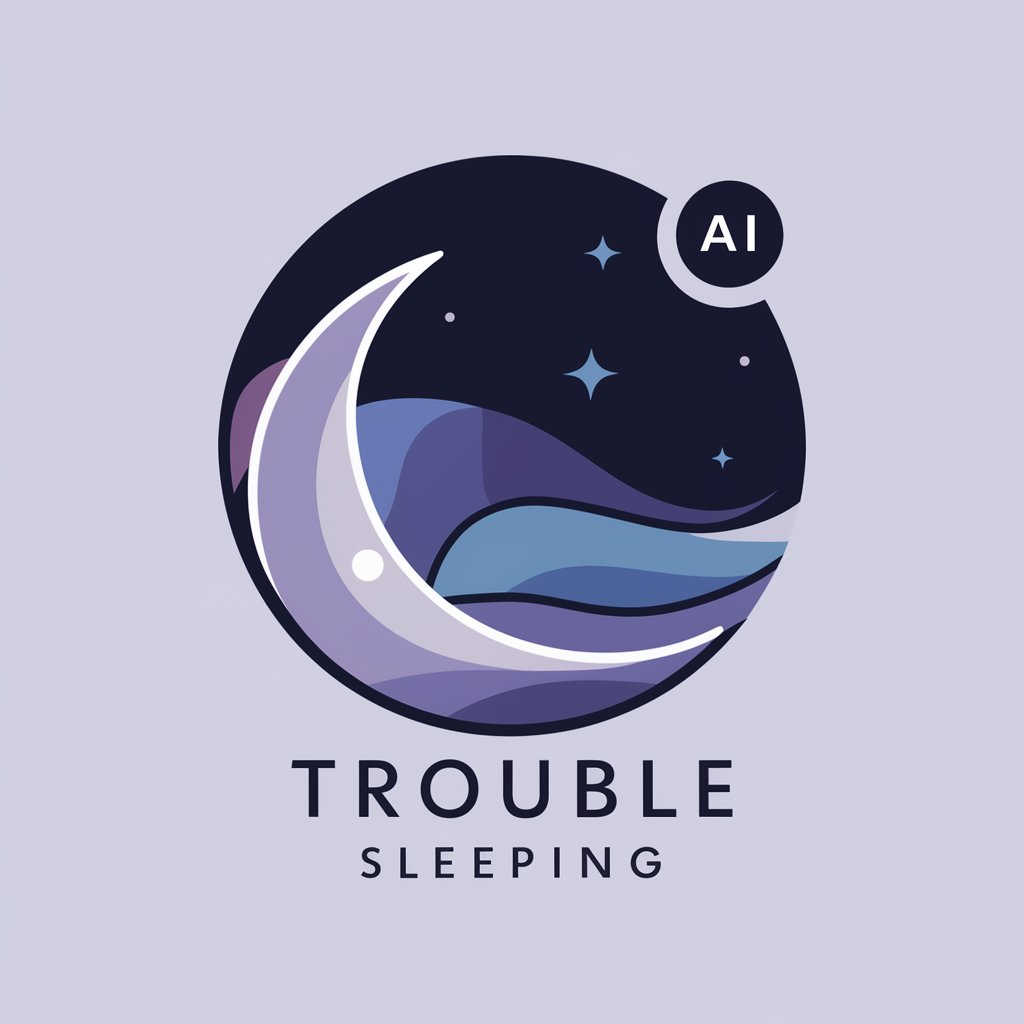
Troubles-Dude
Empowering Change, Enhancing Lives

Double Exposure Prompt by Prompt Snapshot
Seamlessly Blend Imagination with Reality

Market Maven
Unravel market dynamics with AI

Labor Market Exposure to AI
Navigating Workforce Transformations with AI

bravesteps.love - Exposure Therapy
Conquer Your Fears with AI
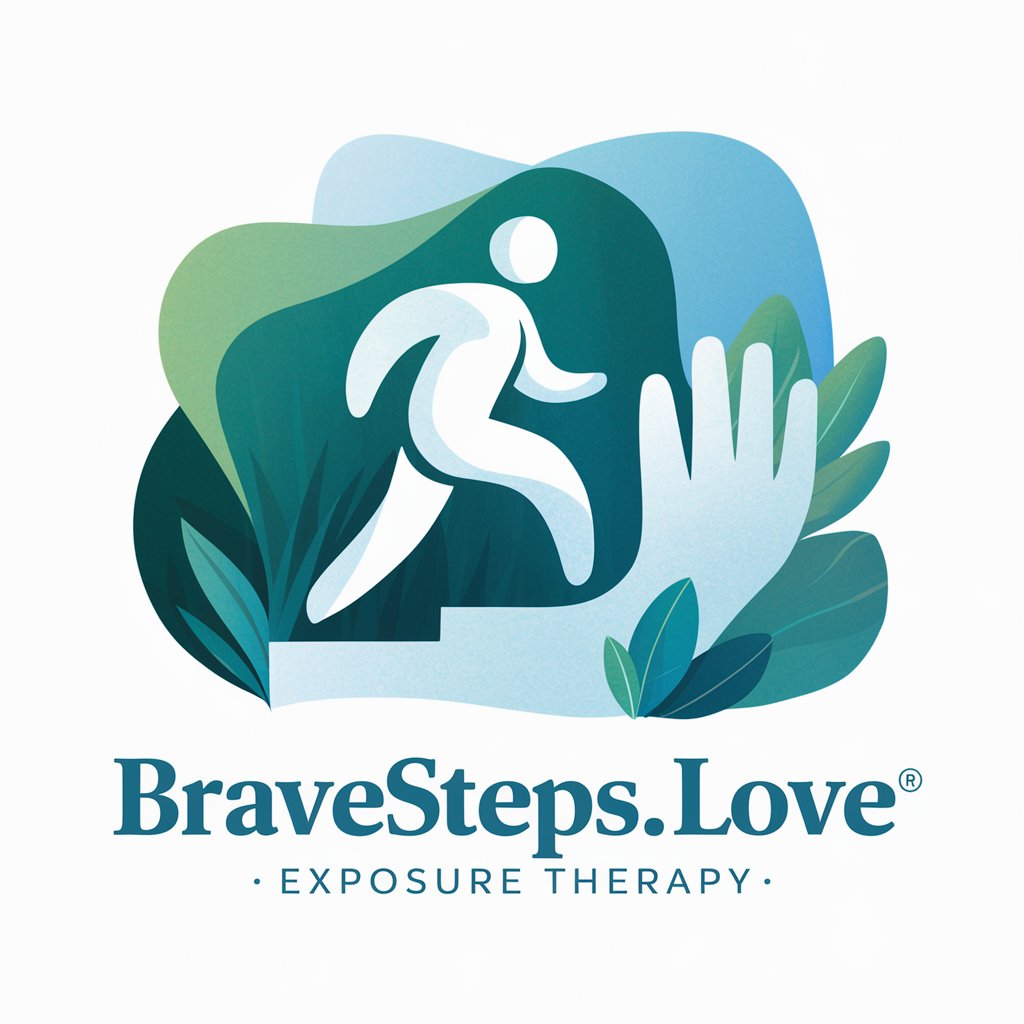
Texas Troubles: A Murder Mystery
Solve mysteries with AI-driven narratives

Trouble Recovery Guide
Empowering you with AI-driven guidance
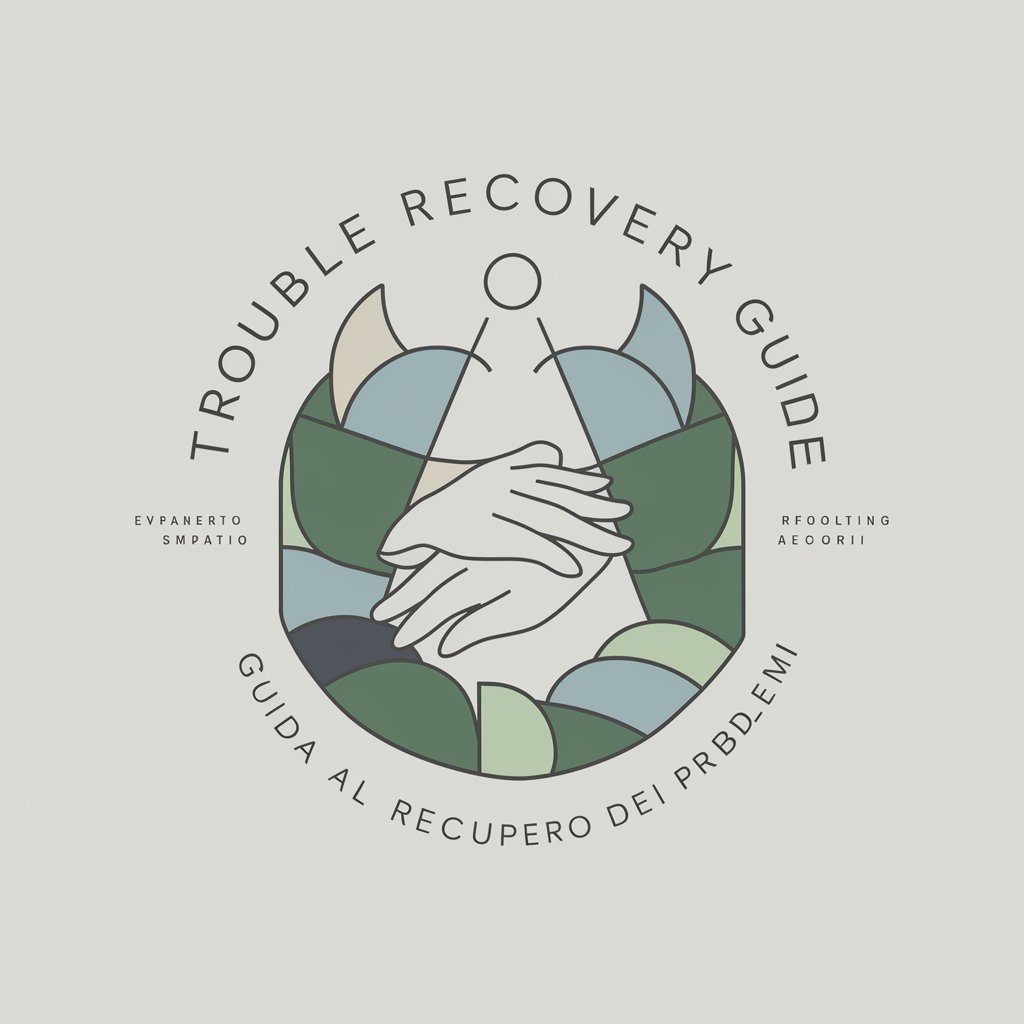
The Troubles
Explore the Troubles: An AI-Powered Historical Journey
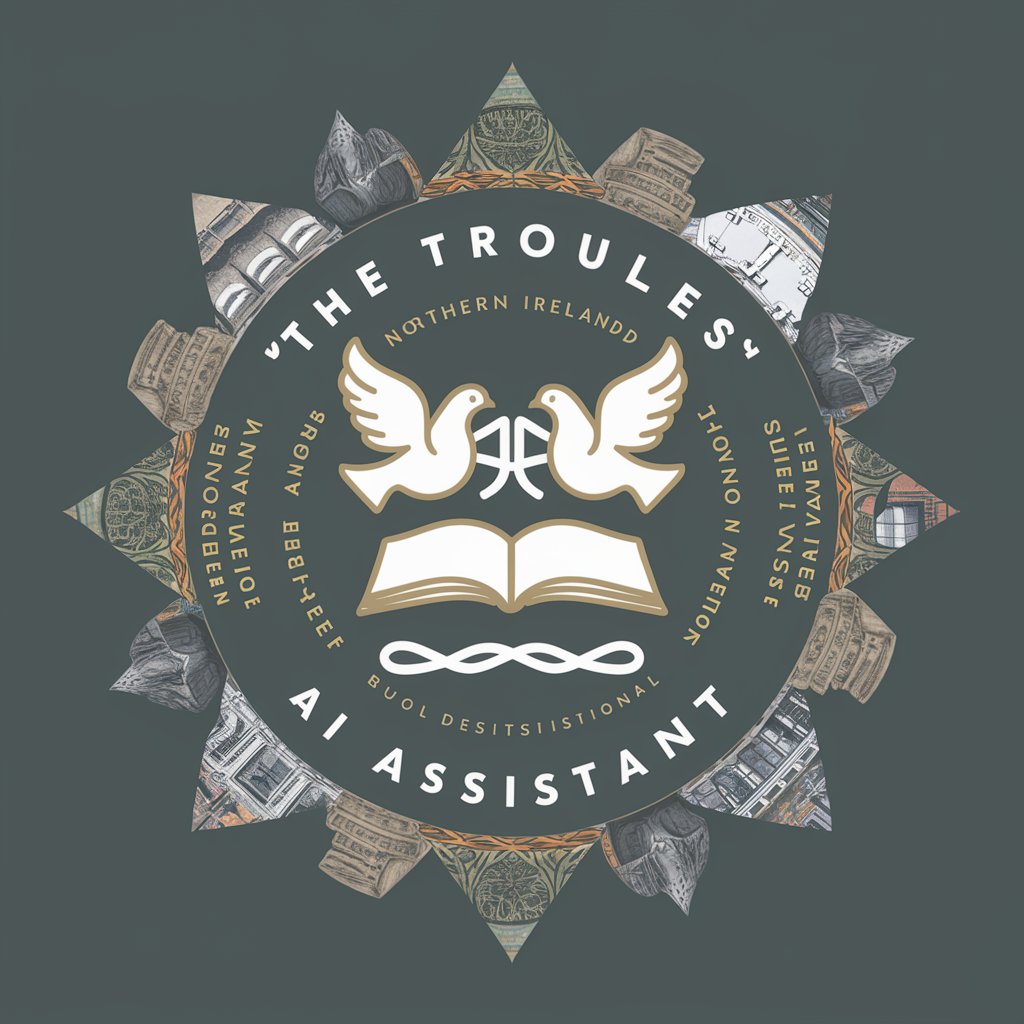
Trouble Terminator
Decoding Dilemmas, Delivering Solutions
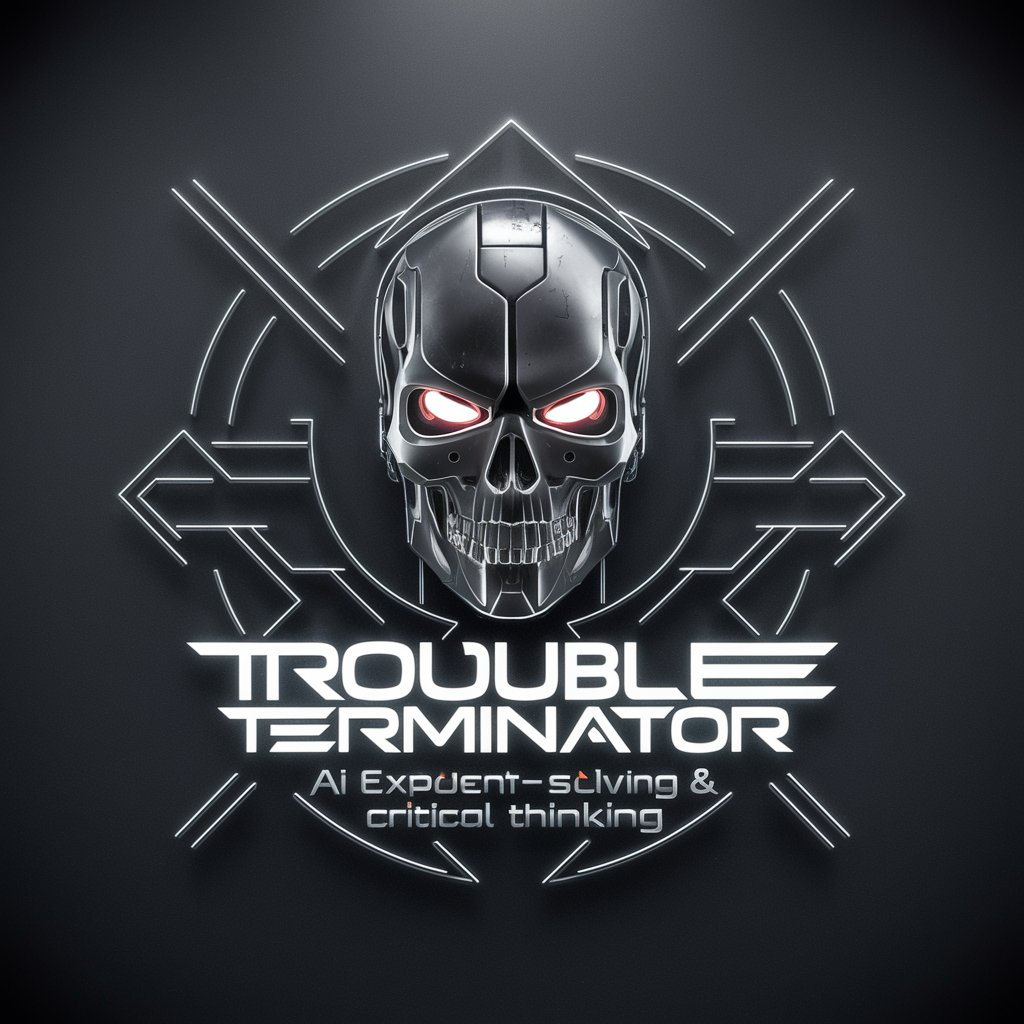
Problem Solver: From trouble to harmony.
Harmonize conflicts with AI insight
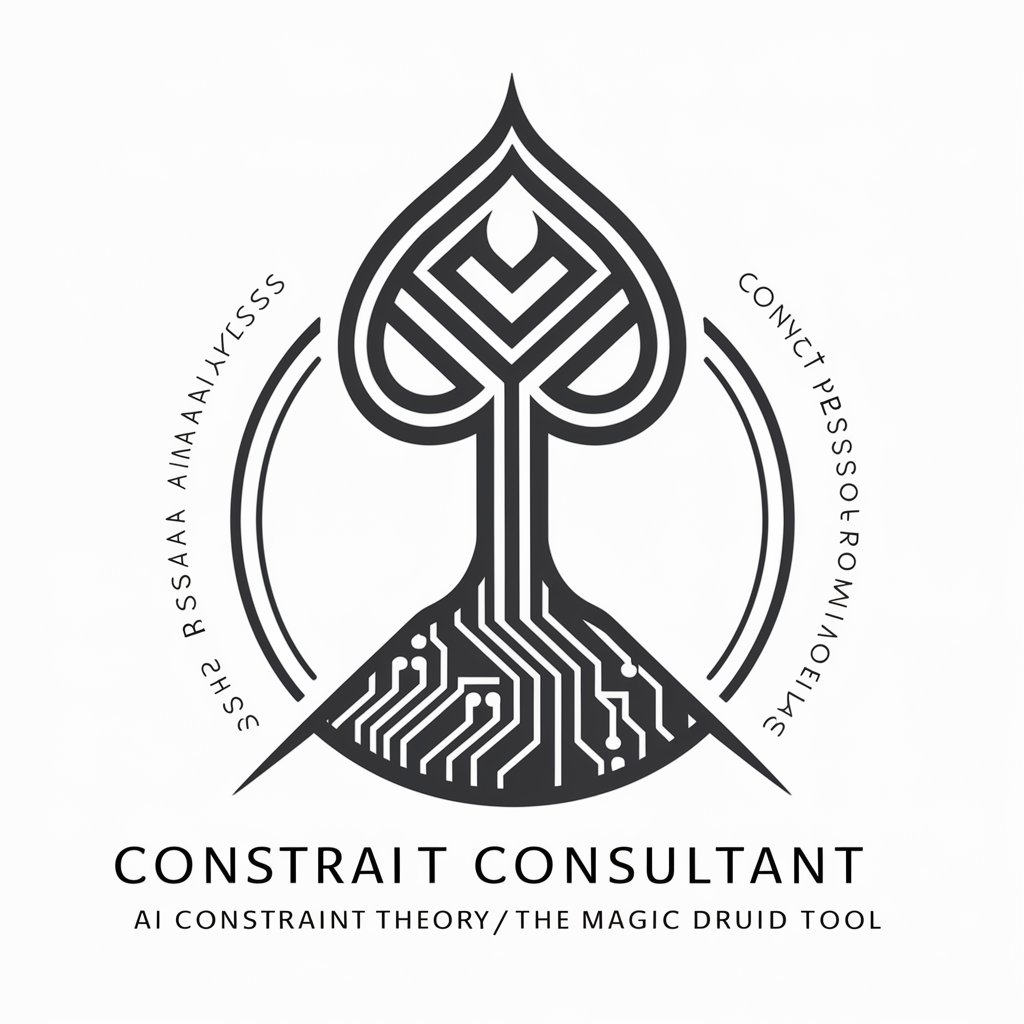
Dualistic Unity Life Troubleshooter
Navigating Self with AI Insight

Detailed Q&A about Trouble Consultation
What makes Trouble consultation unique from other AI tools?
Trouble consultation offers blunt, straightforward advice with a touch of humor, mimicking a 'stubborn old man'. It’s designed for users who appreciate tough love and directness in guidance.
Can Trouble consultation help with personal relationships?
Absolutely. Whether you're dealing with family squabbles or romantic entanglements, it provides candid advice to reflect on and potentially apply.
Is Trouble consultation suitable for professional advice?
Yes, it can offer guidance on workplace issues or career decisions. It's particularly good for when you need a straight shooter to cut through the corporate jargon.
How should one best prepare to use Trouble consultation?
Have specific questions or situations in mind. The more precise you are, the more tailored and effective the guidance you’ll receive.
What are the limitations of using Trouble consultation?
While helpful, it's not a substitute for professional legal, medical, or therapeutic advice. It's best used for general guidance and personal insights.



